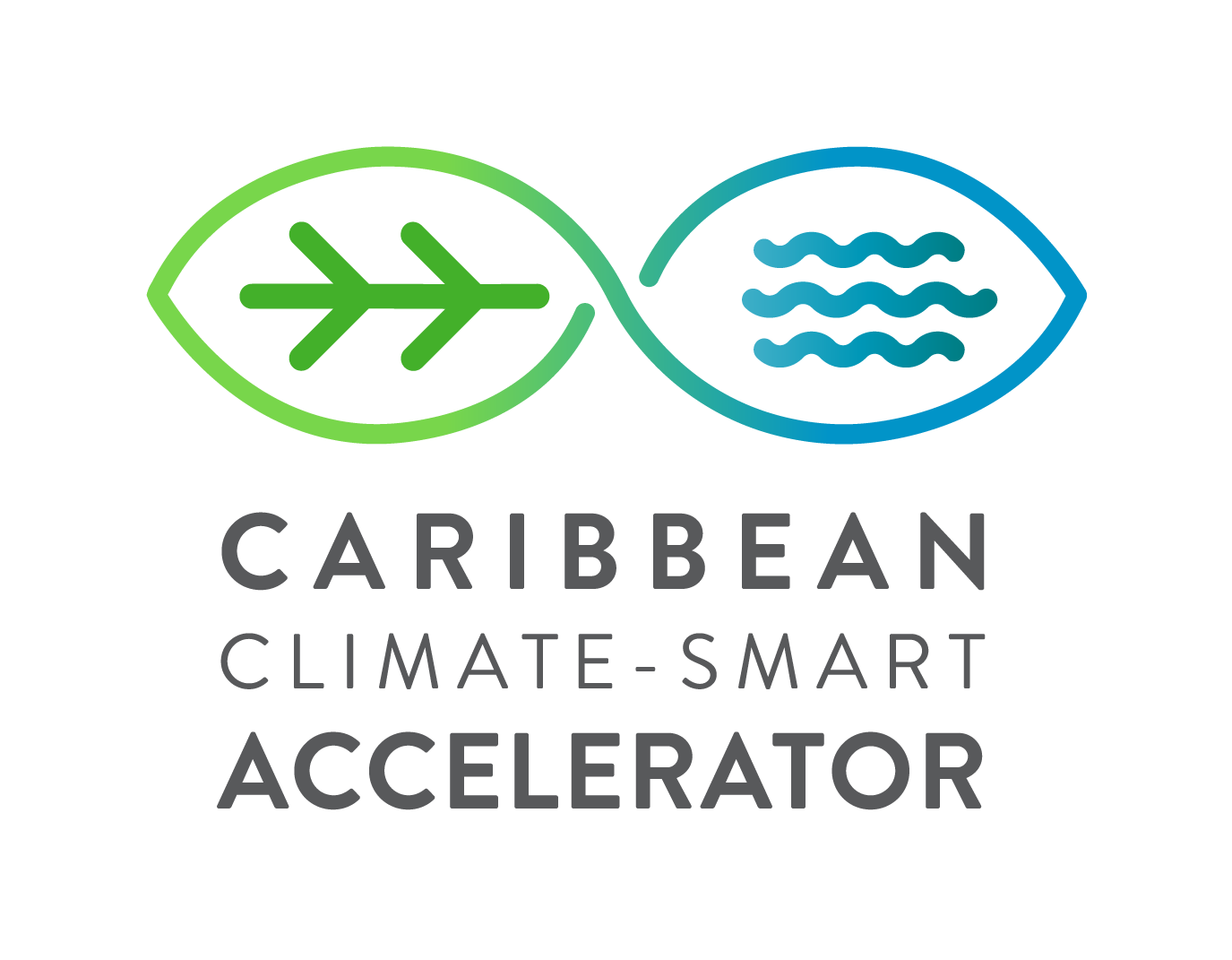Together with amping up renewable energy use and practising energy conservation, energy efficiency drives down the use of fossil fuel based energy. Globally, this is essential to reducing greenhouse gas emissions to limit global warming and climate change. In the Caribbean, it’s equally important for sustainable economies.
What does energy efficiency mean?
The Environmental and Energy Study Institute (EESI) describes energy efficiency as “using less energy to perform the same task – that is, eliminating energy waste.” It’s considered one of the easiest ways to fight climate change because there are simple, immediate things consumers and businesses can do to improve energy efficiency.
Simple energy efficiency practices
Two well-known energy efficiency practices are swapping out incandescent light bulbs for LED bulbs and choosing Energy Star® certified appliances. But others include:
- sealing leaks in heating and cooling systems,
- turning off and unplugging electronics, lights and appliances when they’re not being used
- running full loads and using cold water wherever possible for washing machines and,
- properly servicing and cleaning air condition systems
Energy efficiency and Caribbean import bills
For countries in our region energy efficiency is critical for reducing high import bills and helping consumers save money.
According to this June 2022 World Bank blog “even in the best of times, Caribbean consumers face some of the highest energy prices globally due to heavy reliance on expensive and volatile fossil fuel imports. Electricity prices in the Caribbean average around US$ 0.25 per kWh, more than double the average price in the United States.”
So what’s being done on a regional level to improve energy efficiency?
In 2015 The Caribbean Centre for Renewable Energy and Energy Efficiency (CCREEE) was established as an institution of the Caribbean Community (CARICOM). Its mandate is to “promote renewable energy and energy efficiency investments, markets and industries in the Caribbean.”
In March 2019 a CARICOM Regional Energy Efficiency Building Code was released to address commercial and residential construction specifically for the needs of countries in the Caribbean and tropical regions.
CCREEE has created a knowledge hub to provide regional access to “appropriate, reliable and high quality information” for decision makers in the region.
To help develop energy efficiency (and renewable energy) projects by the private or public sector, CCREEE introduced a Project Preparation Facility in 2020.
What else do you think can be done in the region to promote energy efficiency?






